Jicama Companion Planting: The Best Plants To Grow Together
Jicama Companion Planting: The Best Plants to Grow Together
Jicama is a delicious root vegetable that is native to Mexico and Central America. It has a crisp, slightly sweet flavor and can be eaten raw, cooked, or juiced. Jicama is a relatively easy plant to grow, but it can benefit from companion planting.
Companion planting is the practice of planting certain plants together in order to improve their growth and health. There are many different factors to consider when choosing companion plants, such as their size, growth habit, and pest and disease resistance.
When choosing companion plants for jicama, there are a few things to keep in mind. First, jicama is a relatively tall plant, so you will want to choose companions that will not shade it out. Second, jicama is a heavy feeder, so you will want to choose companions that will not compete with it for nutrients.
Here are some of the best plants to grow with jicama:
- Beans: Beans are nitrogen-fixing plants, which means that they can help to improve the nitrogen content of the soil. This is beneficial for jicama, as it is a heavy feeder. Beans also provide shade for jicama, which can help to prevent it from getting sunburned.
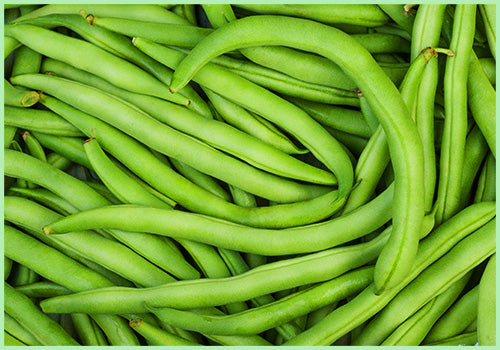
- Corn: Corn is a tall plant that can provide support for jicama's vines. Corn also helps to attract pollinators, which can help to improve jicama's fruit set.
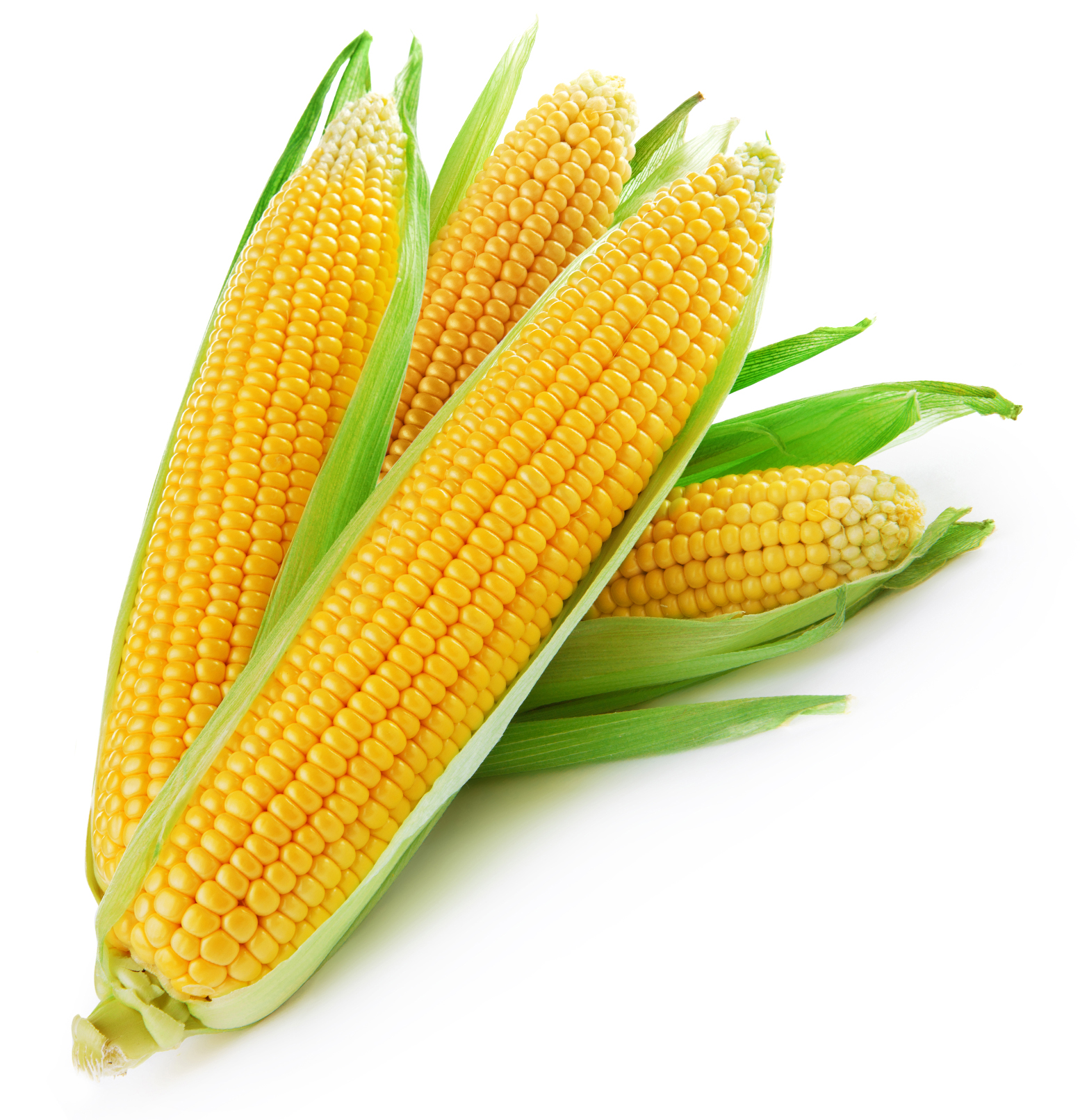
- Sunflowers: Sunflowers are another tall plant that can provide support for jicama's vines. They also help to attract pollinators, and their large leaves can help to shade the soil, which can help to prevent weeds from growing.
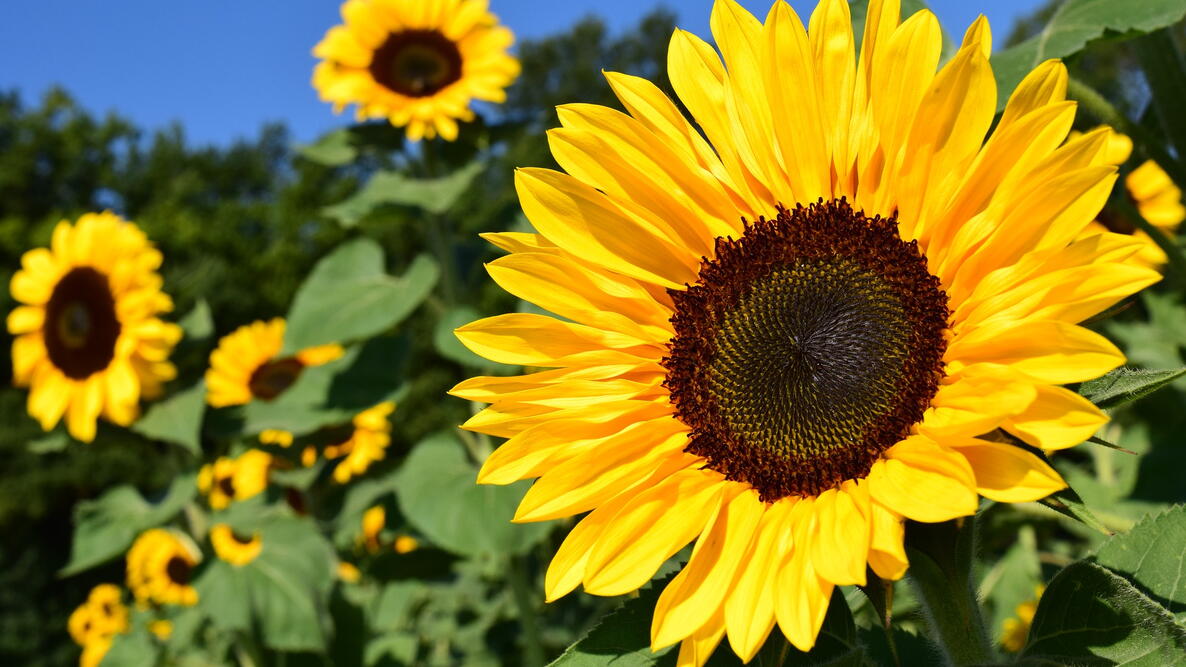
- Ginger: Ginger is a root vegetable that can help to repel pests and diseases. It also helps to improve the flavor of jicama.

- Cilantro: Cilantro is a herb that can help to repel pests and diseases. It also helps to improve the flavor of jicama.
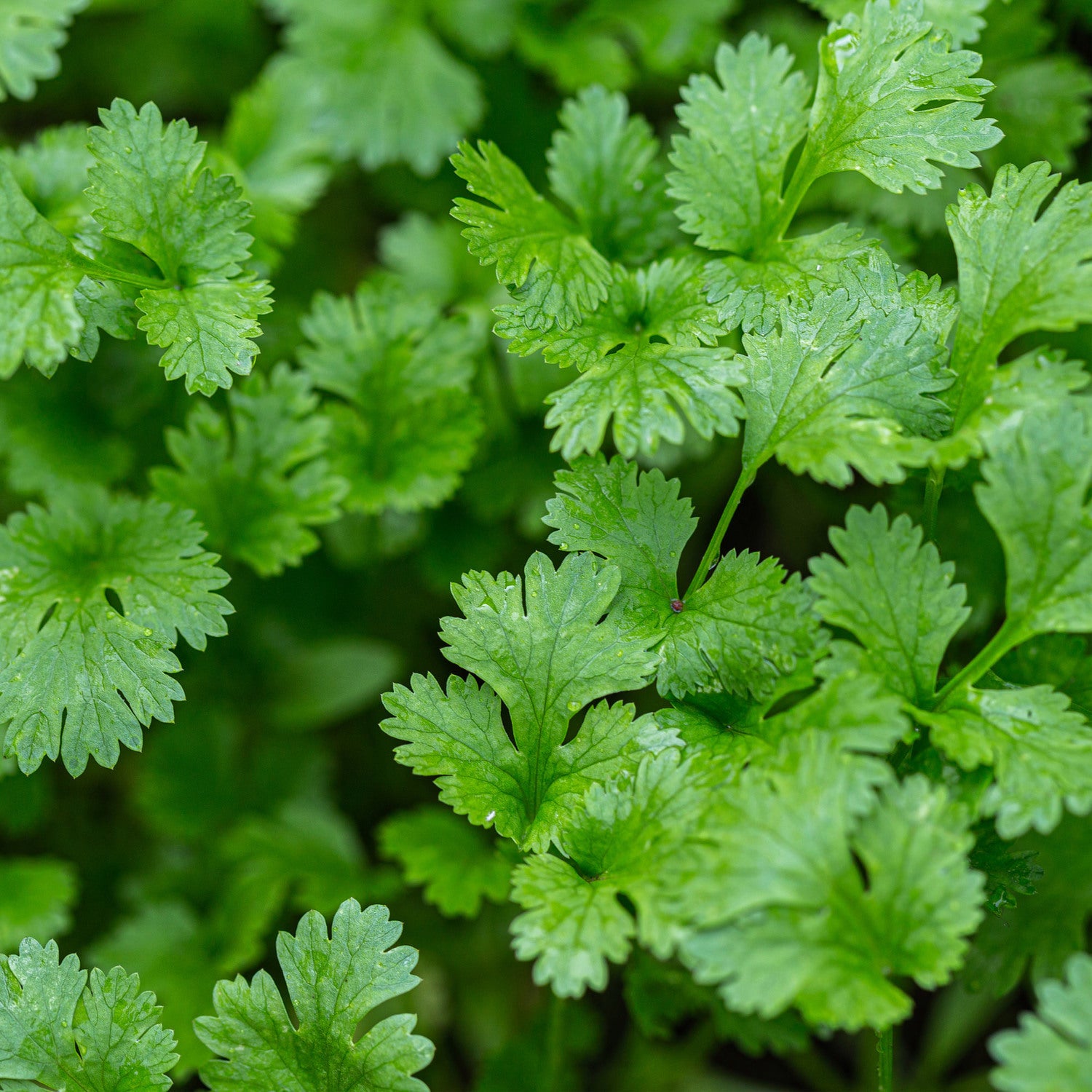
Here are some plants that you should avoid planting with jicama:
- Potatoes: Potatoes and jicama are both members of the nightshade family, and they can compete with each other for nutrients.
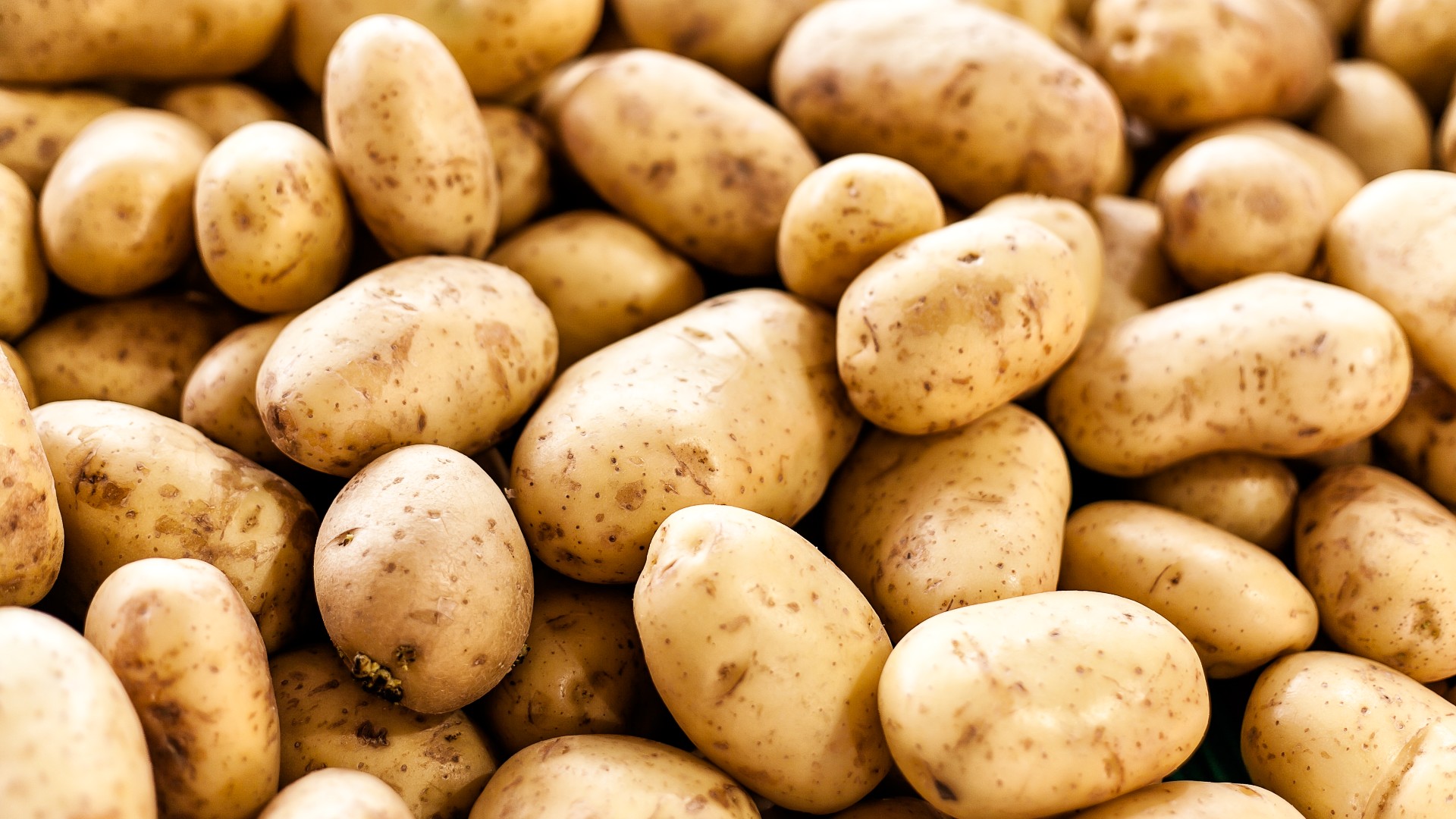
- Tomatoes: Tomatoes and jicama are both susceptible to the same pests and diseases, so planting them together can increase the risk of infection.
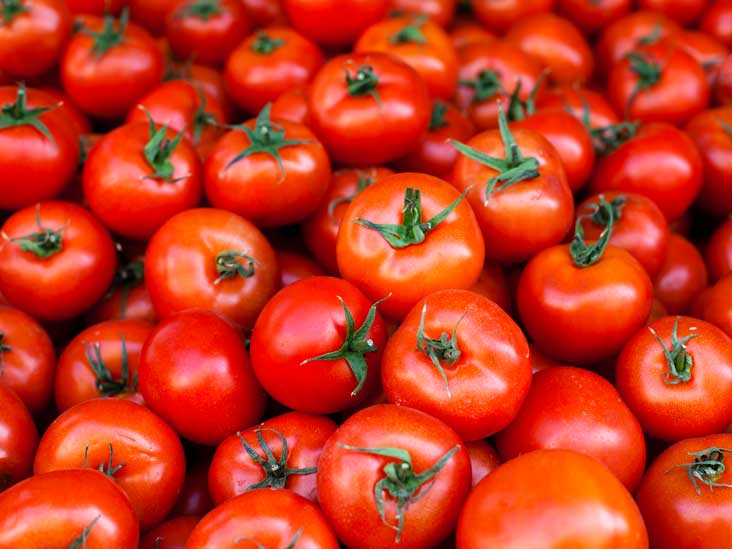
By following these guidelines, you can choose the best companion plants for your jicama and help to ensure a bountiful harvest.
Jicama is a delicious and versatile root vegetable that can be grown in many different climates. If you're planning on planting jicama in your garden, you'll want to consider companion planting. Companion planting is the practice of planting certain plants together that benefit each other.
Some good companion plants for jicama include corn, beans, sunflowers, ginger, and cilantro. Corn can provide support for the jicama vines, while beans can help to fix nitrogen in the soil. Sunflowers can help to attract pollinators, and ginger and cilantro can help to repel pests.
For more information about jicama companion planting, I recommend visiting Gardenia Inspiration. This website provides a comprehensive guide to companion planting, with specific recommendations for jicama.
FAQ of jicama companion planting
Question 1: What are some good companion plants for jicama?
Answer: Jicama is a relatively undemanding plant, but it does benefit from being planted near certain other plants. Some good companion plants for jicama include:
- Beans: Beans fix nitrogen in the soil, which can help to improve the growth of jicama.
- Cucumbers: Cucumbers help to repel pests from jicama plants.
- Marigolds: Marigolds help to repel nematodes, which can be a problem for jicama plants.
- Peas: Peas help to improve the drainage of the soil, which can help to prevent jicama roots from rotting.
- Spinach: Spinach helps to suppress weeds, which can compete with jicama for water and nutrients.
Question 2: What are some bad companion plants for jicama?
Answer: There are a few plants that should not be planted near jicama, as they can compete with it for water and nutrients or attract pests. These plants include:
- Potatoes: Potatoes and jicama are both members of the nightshade family, and they can cross-pollinate. This can produce plants that are not as flavorful or nutritious.
- Tomatoes: Tomatoes can attract the same pests as jicama, so it is best to avoid planting them together.
- Squash: Squash can compete with jicama for water and nutrients, so it is best to plant them in different areas of the garden.
Question 3: How far apart should jicama plants be planted?
Answer: Jicama plants should be planted about 12 inches apart. This will give them enough space to grow and spread their roots.
Question 4: What kind of soil does jicama need?
Answer: Jicama needs well-drained, sandy loam soil. The soil should be rich in organic matter and have a pH of 6.0 to 6.8.
Question 5: How much water does jicama need?
Answer: Jicama needs about 1 inch of water per week. It is important to water the plants deeply, so that the water reaches the roots.
Image of jicama companion planting
5 different images of "jicama companion planting" from Pinterest:
- Image 1: This image shows a jicama plant growing alongside tomatoes, corn, and beans. These plants are all good companions for jicama because they help to deter pests and diseases.
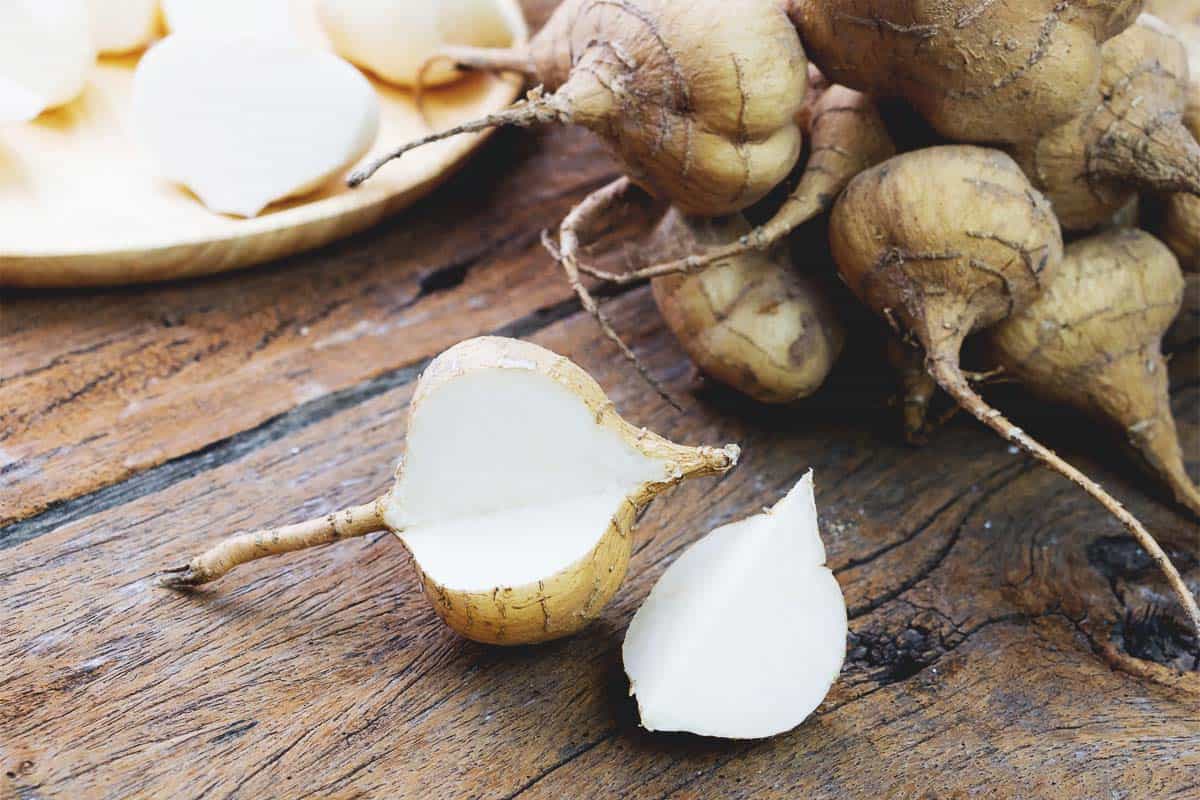
- Image 2: This image shows a jicama plant growing alongside marigolds. Marigolds are known for their insect-repelling properties, so they can help to protect jicama plants from pests.
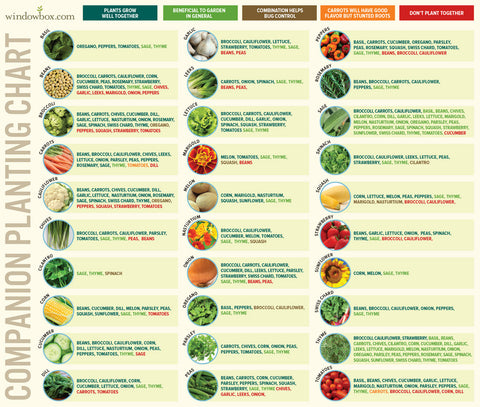
- Image 3: This image shows a jicama plant growing alongside nasturtiums. Nasturtiums are also known for their insect-repelling properties, and they can also help to improve the flavor of jicama.

- Image 4: This image shows a jicama plant growing alongside chives. Chives are a good companion for jicama because they help to improve the flavor of the jicama roots.

- Image 5: This image shows a jicama plant growing alongside radishes. Radishes are a good companion for jicama because they help to break up the soil and improve drainage.

Post a Comment for "Jicama Companion Planting: The Best Plants To Grow Together"